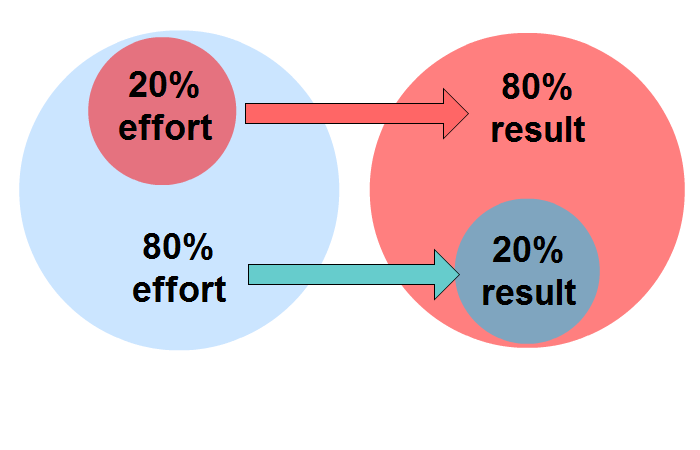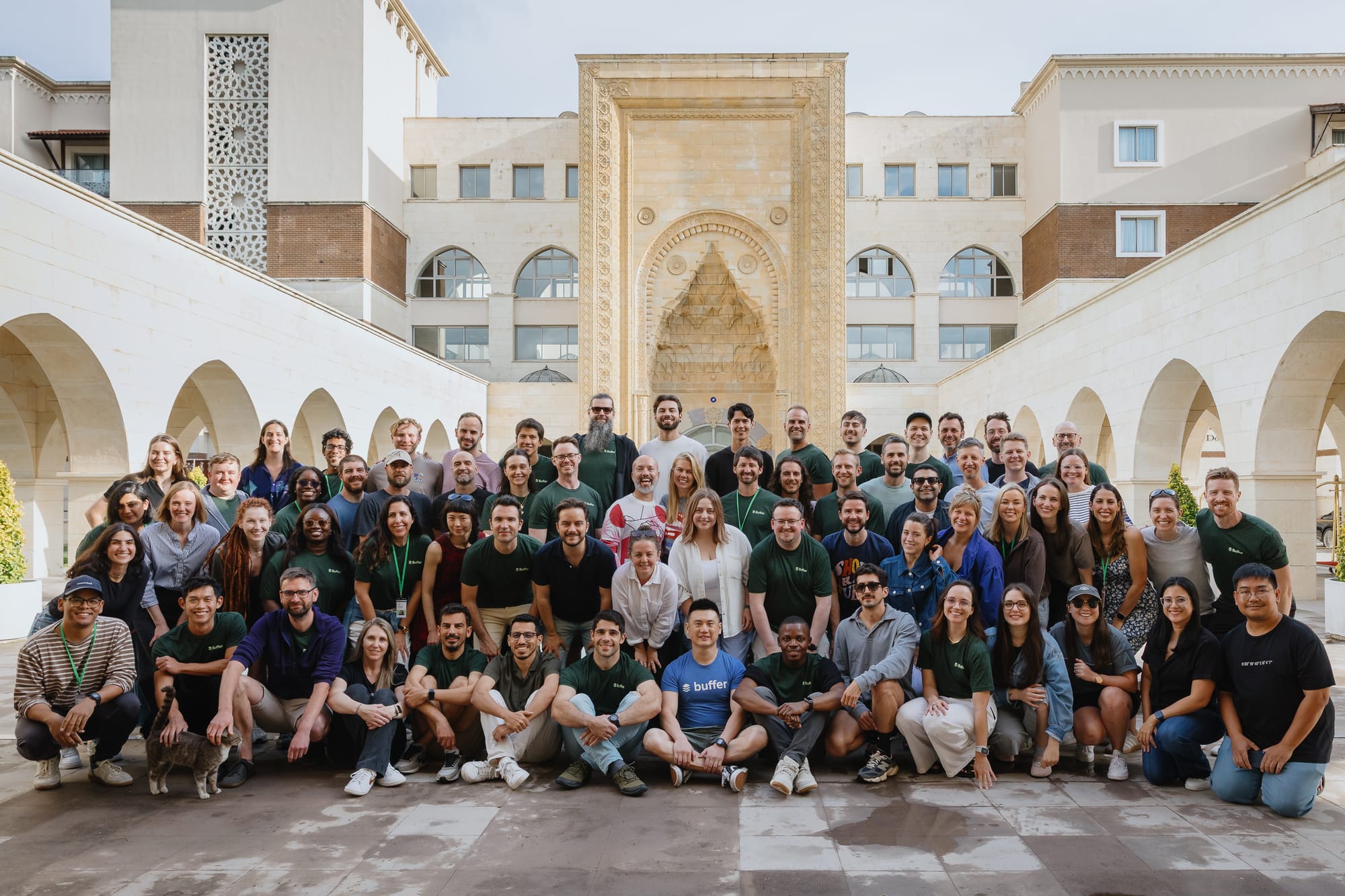How A Beginner’s Mind Helps You Build Something New

Founder CEO @ Buffer
There is a myth in entrepreneurship that many newcomers believe, and it could be a key reason why many others don’t even “try.”
The myth is that you need to know how to do everything, and you need to do everything perfectly.
When you look at successful startups, it’s easy to believe that they did all the right things. The reality is often far from that. In fact, I think it’s very healthy to have a good dose of naivety while building something new.
The scale anticipation fallacy
One prime example is that healthy naivety might help you avoid what I have come to call the “scale anticipation fallacy.” This is the idea that in order to build something that can scale, you need to build it to handle that scale right from the start. The fallacy says that if you don’t get it right at the start, you will never succeed.
When I started Buffer, I had no idea what a database index was. I basically did all the wrong things. But it didn’t matter—I didn’t have any users! As time went on, I encountered some “nice problems to have,” but it has been no problem to improve things as I needed to.
I believe the fact that I didn’t think about scalability helped me reach a point where scalability mattered. Conversely, I wonder if I had focused on scalability when it didn’t matter, would I have ever reached the point where it did matter?
You don’t know what you don’t know
When you’re building a startup, you are in a world full of unknowns and uncertainty. You literally do not know what you do not yet know. I think the only way to cope in this kind of environment is to strive for knowledge, information and validated learning through feedback.
Looking back on my startup attempts, one of the best things that happened is that I didn’t quite realize just how much I still had to learn in order to succeed. It is this kind of naivety that I think is a good thing. In fact, I fear the fact that in the future I might know already how hard something is going to be.
Hang onto the ‘beginner’s mind’
The scale anticipation fallacy is just one example of where my naïvety turned out to be an advantage. The thing is, it doesn’t matter how bad your early attempts are at building something. All that matters is that you create something people want.
I chose to attempt to create a startup immediately after graduating from university rather than spending some time in an industry. The first couple of years were tough, and I made lots of mistakes before having a little success.
The main thing I learned is not “how to do everything perfectly.” The main thing I learned is to do everything good enough for the point you’re at. Some might call this the 80/20 or Pareto principle, that says 80% of the effects of something come from 20% of the causes.

If I had spent some time in an industry first, there’s a chance I may have brought the skills I had learned to my attempt at a startup and aimed to do everything perfectly. I think that would have been a big mistake.
I think clinging to a beginner’s mind is very important. As Steve Jobs said:
“Stay hungry, stay foolish.”
Have you ever benefited from healthy naivety? How do you work to maintain a beginner’s mind as you grow older and learn more? I’d love to hear from you in the comments!
Try Buffer for free
180,000+ creators, small businesses, and marketers use Buffer to grow their audiences every month.
Related Articles

We've been hosting Retreats at Buffer for 12+ years. In this article, we've detailed everything we've learned from 14 Retreats.

I recently attended my first in-person, international conference. Here's what I learned.

What it was like to join a fully remote team like Buffer, and how going on the company retreat so early on helped shape my journey in ways I hadn’t imagined.